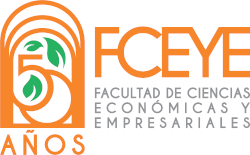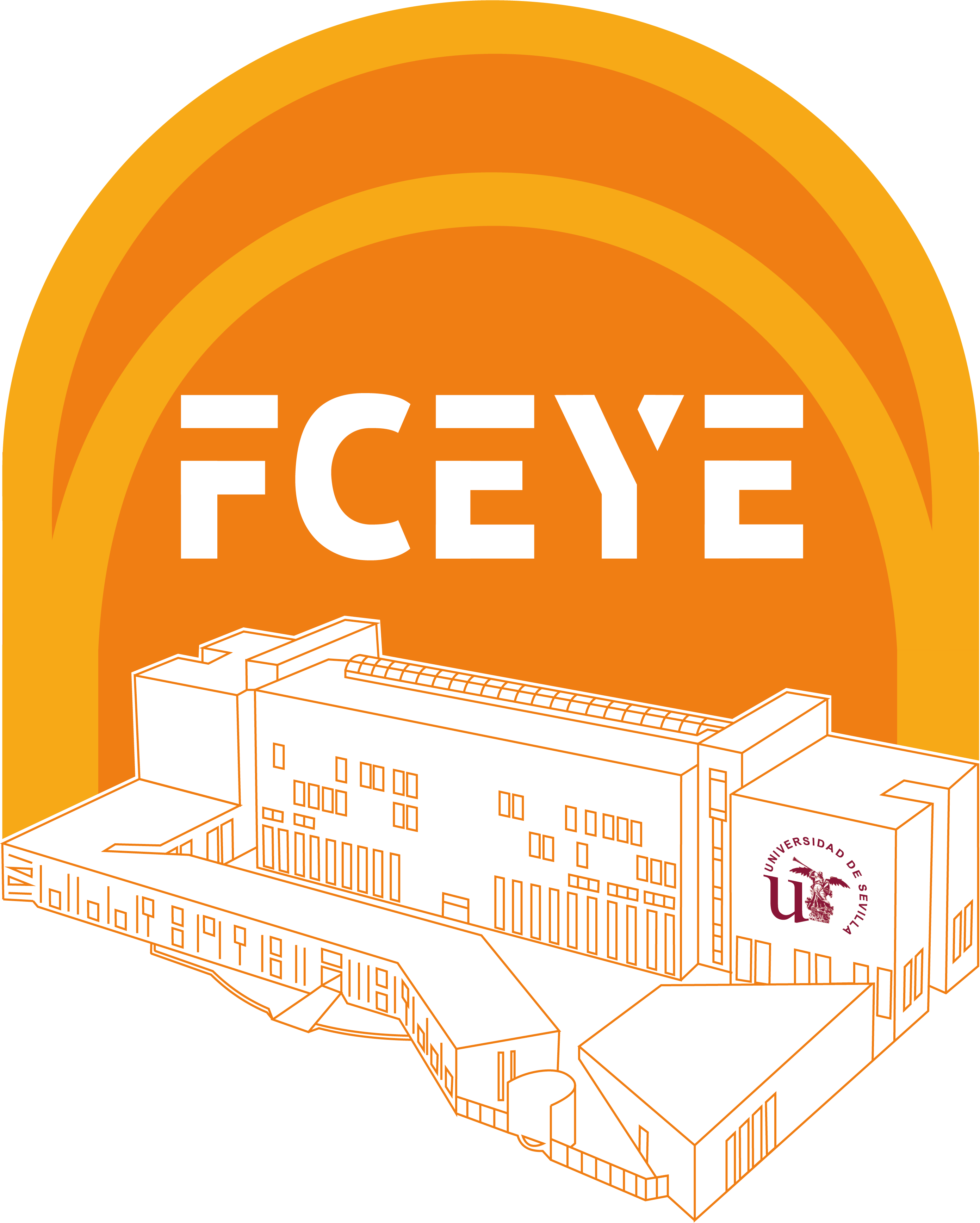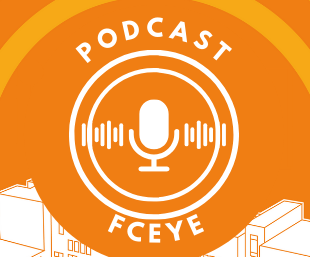Flamenco in Education: Building European Identity and Social Belonging
Jesús Heredia-Carroza, Carmen López-Ruiz, Ángeles Carrosa-Zayas, Carlos Chavarría-Ortiz
Palabras clave: Flamenco, Education, Community Belonging, Social Cohesion, Teachers’ Perception, Europe.
This paper deepens into the future teachers' outlooks on integrating flamenco in the educational context and its effects on the society. A group of 301 forms was carried out with university students enrolled in programmes related to education to assess the impact of incorporating flamenco into the educational syllabus.
The results from this descriptive statistical assessment indicate that 88.4% of respondents were in favor of flamenco’s inclusion. The participants of the form emphasized how flamenco has the potential to reinforce cultural identity, preserve heritage and promote relations between generations.
The outcomes make certain that flamenco’s inclusion into the syllabus enhances cohesion in the society and provides more support for belonging to the community.
Flamenco is more than a cultural tradition as it is also a fundamental asset for Europe's legacy and time to come. Flamenco contributes to preserving and promoting Spain and Europe’s cultural richness safeguarding its role as a source of inspiration and growth for posterity, due to its promotion of belonging and encouragement of citizenship.
Flamenco is more than an ancient tradition, it is a vital part of Europe’s cultural heritage and future. By fostering citizens’ sense of belonging and participation, it supports the preservation and promotion of Spain and Europe’s cultural richness for the upcoming generations.
Flamenco illustrates the significance of safeguarding intangible heritage, integrating it into regional identity and economic development. Its expansion beyond Andalusia and recognition throughout Europe demonstrate its adaptability to other cultural contexts, enriching the European cultural landscape and fostering intercultural linkages.
European policies and programmes’ incorporation can enhance the support for preservation and dissemination of flamenco and similar traditions, strengthening local heritage and guaranteeing sustainability. Flamenco serves as a model for spreading cultural awareness supporting sustainable tourism and cultural industries, and promoting education and innovation in heritage management through proposals (heritage education, digital access, intercultural competencies programmes…).
This study highlights flamenco’s educational and cultural value as a resource to foster community engagement. Future educators perceive it as a source of cultural enrichment and a means to strengthen social cohesion (Orte et al., 2018). High enthusiastic and supportive remarks on heritage preservation, identity and intergenerational interaction confirm flamenco as an agent in building cohesive learning communities (Delgado-Villalobos & López-Riquelme, 2022).
Flamenco’s traditional oral transmission has been disrupted by modern changes (Porta, 2019), but it still holds the potential to reconnect generations and strengthen community bonds (Kaplan et al., 2020).
Including this genre in the classrooms can boost cultural development, creativity and artistic expression (Reyes, 2024) as well as it promotes diversity, teamwork and emotional development (Lee & Kim, 2017). Notwithstanding this fact, specialized teacher training and structured spaces for interaction are required for a successful inclusion (Martín & Arriaga, 2019).
To sum up, the findings of this study validate flamenco as both a robust artistic expression and a meaningful resource for strengthening community cohesion across Europe. Forthcoming educators’ favourable responses uphold the idea that flamenco training preserves cultural values and enhances social cohesion, reinforcing its validation as an agent to promote community sense and its capacity in developing a European Identity.
Establishing flamenco’s integration on this research findings guarantees sustainable and effective initiatives associates with the Andalusian Flamenco Law (Law 4/2023) and European cultural heritage legislation (TFEU).
Finally, flamenco also acts as a stimulus for social, economic and cultural evolution. Its influence extends beyond the stage boosting tourism, especially in Andalusia, encouraging local economies and promoting sustainable growth while safeguarding its role as a dynamic and alive heritage (Ruiz, 2019).
This study also highlights several areas for further lines of research. First, the study’s scope is restricted to education students from a single region, which may affect the suitability of the findings because of the cultural and socio-economic factors’ influence (Copano & Ventura, 2020). This validity and a broader perspective could be achieved by expanding research to include more diverse geographic areas in a future.
Second, analysing the long-term impact of flamenco education on students’ cultural perspectives is recommended. Flamenco promotes cultural pride, diversity awareness and heritage safeguarding, with effects that often extend to adulthood. It also supports the development of fundamental social-emotional competencies such as teamwork, emotional expression, self-esteem and confidence (León-Rubio et al., 2020).
Third, understanding of intergenerational learning within education could be enriched by comparative studies between flamenco and other European or Latin American regional arts. Future lines of investigation might explore flamenco’s long-term role in community engagement and its adaptation to different cultural backgrounds.
Finally, investigating the use of digital platforms to catch younger audiences’ interesting flamenco could help reinforce the community idiosyncrasy (Chavarría-Ortiz et al., 2023).
Flamenco in Education: Building European Identity and Social Belonging. DOI: 10.47743/ejes-2025-0114


















